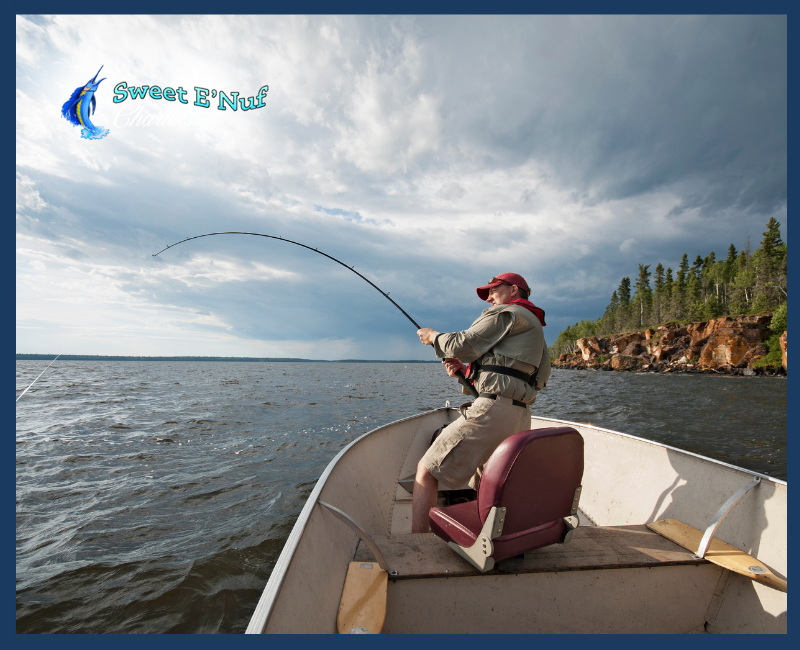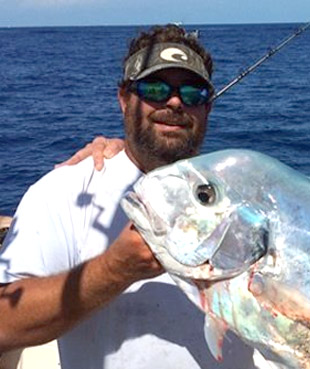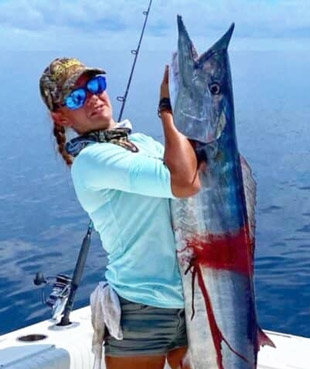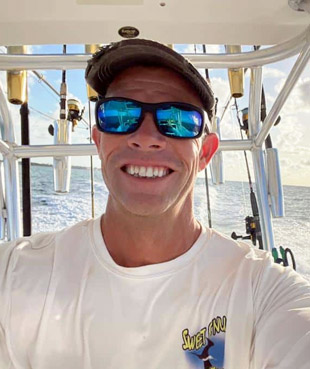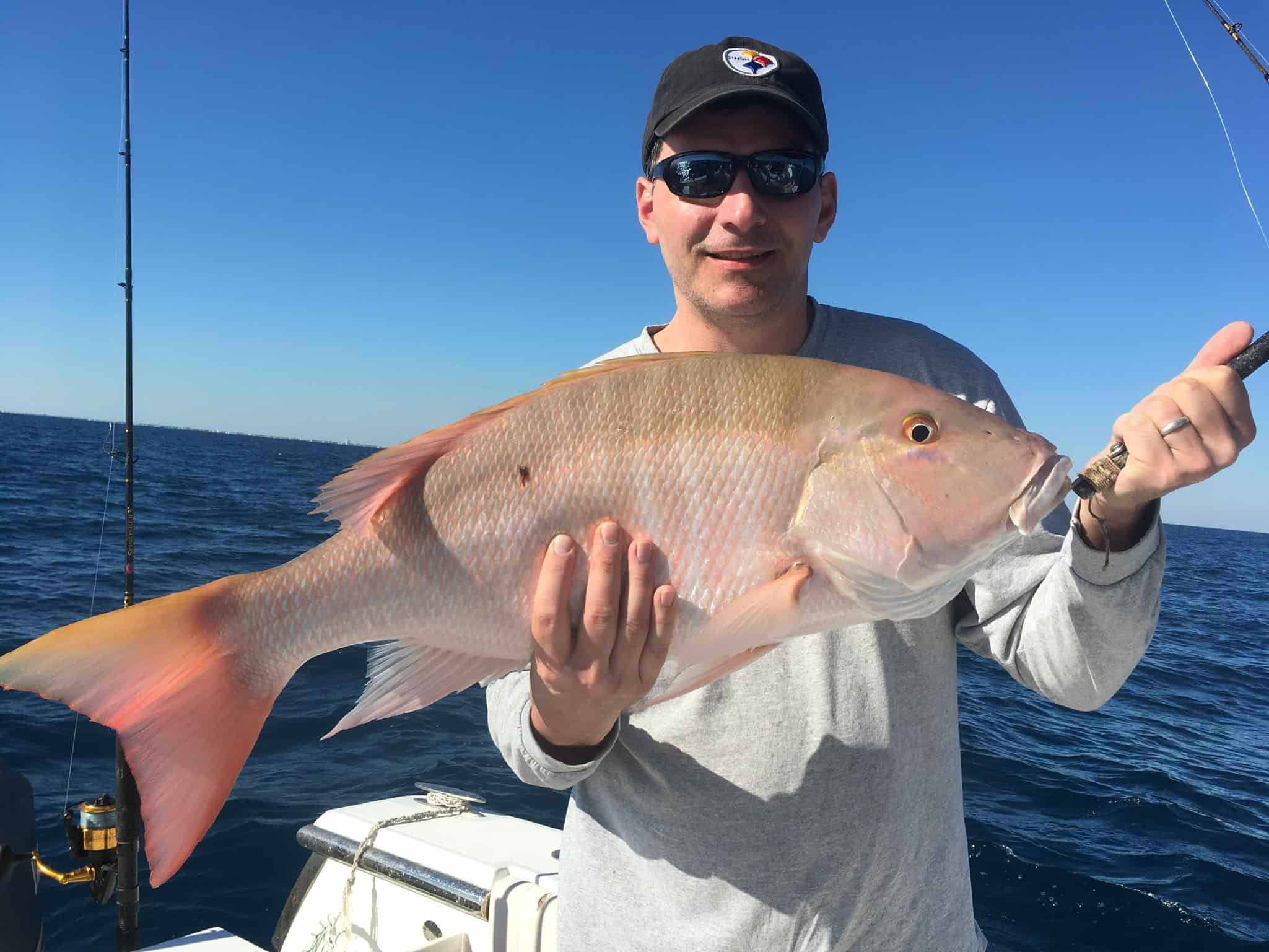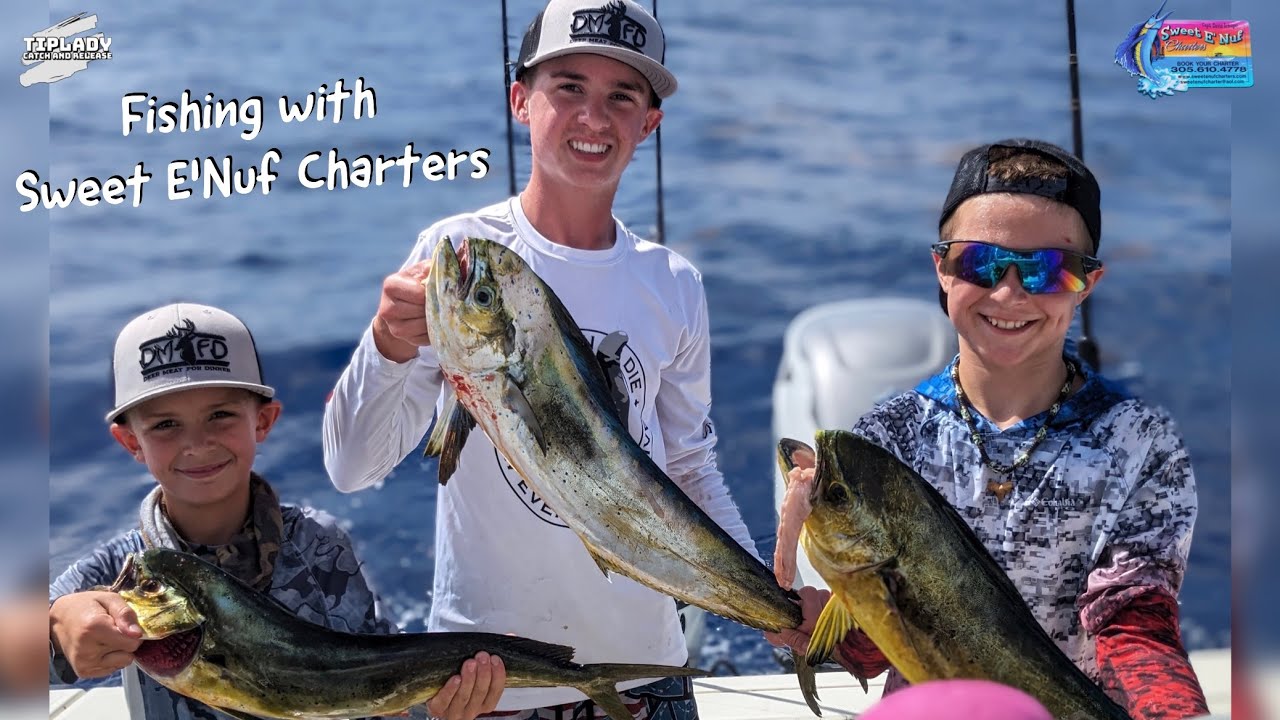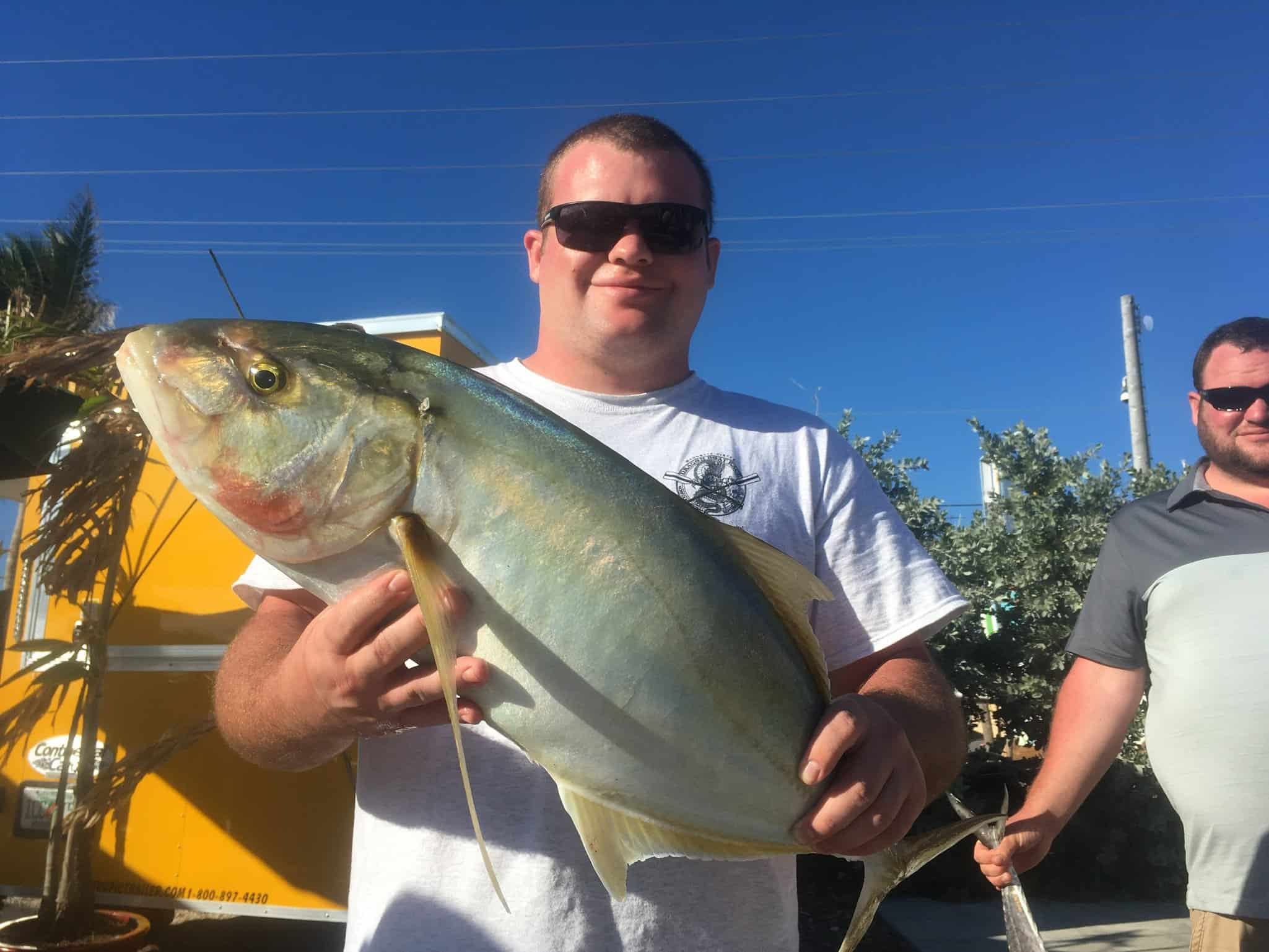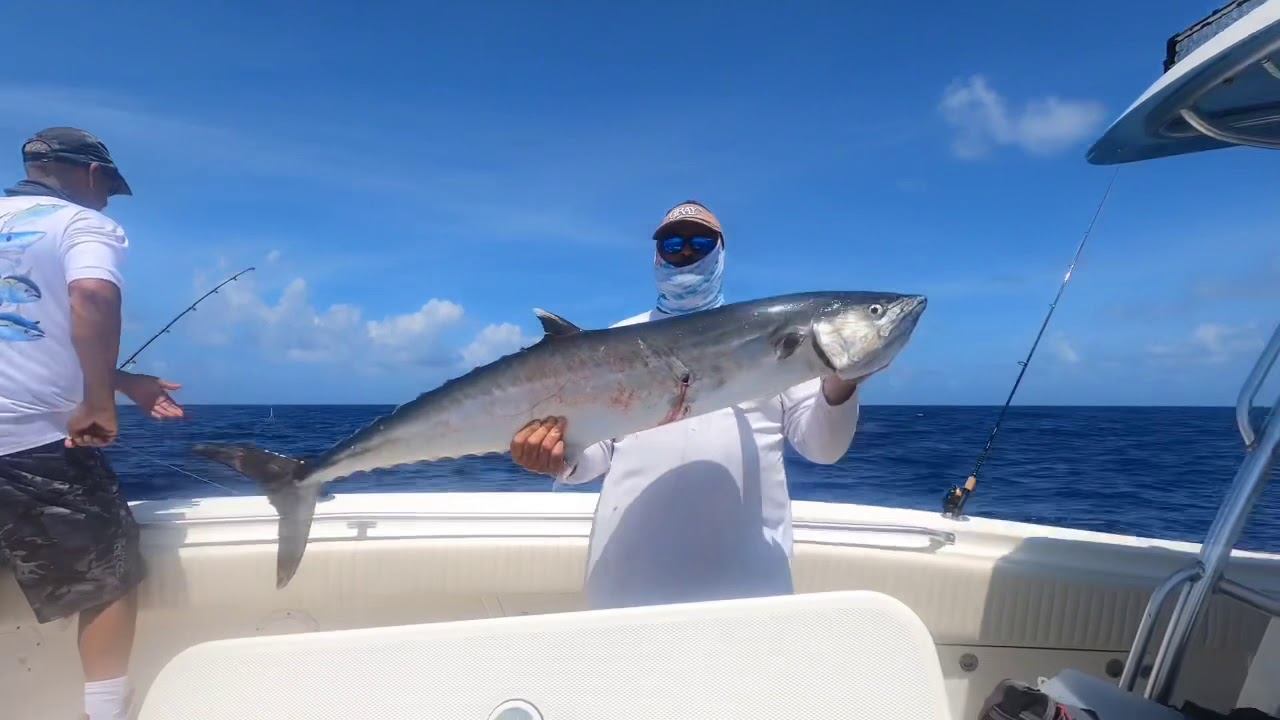MARATHON, Florida Keys — Cold and blusterous, seems to be a theme this year. There has been cold water plaguing us here in Marathon. This was caused by the Gulf Stream shooting into the Gulf of Mexico and forcing out cold water, which inevitably was forced along the Keys and it was the reason why the Gulf Stream or warmer water was so far out this week. If you think of a bucket that has been filled to the top with cold water, then add a hose with warm water; the water leaving the bucket first will be cold and then a mix of warm and cold water. This is what we are going to experience this coming week. There will be very large spikes of warm water all along the Keys. By heading either East or West you will find the warm water when heading out offshore. Listening to the weather report by NOAA you will be able to find out if your homeport is in the vicinity of the Gulf Stream. If it isn’t, you will either travel far offshore or up and down the road where the current and warmer water comes closer to shore. Fishing in these cold water is a waste of time and money. Find the warm water and you find the fish.
Offshore has been awfully bleak. There has been a few dolphin around the edge of the warm and cold water. Off of Marathon this week it was 30 miles out and further. There is warm water heading our way for the rest of the week. The Gulf Steam ought to be no more than ten miles from shore if not closer. This warm water will only be here for two to five days before another body of cold water from the Gulf of Mexico is pushed around Key West and then up the Straits of Florida. Most people think we are fishing the Atlantic Ocean, but in fact we are not in the Atlantic but the Florida Straits.
The reef fishing in Marathon has been fair with some yellowtail biting even though there hasn’t been any current in three weeks. The water has been dirty green and cold, not a great combo for a normally warm water-loving, cold blooded animal. The yellowtails are there and schooling in the chum, but they are not motivated to eat. I fished for yellowtails once this week and we got our limit but it took a while. The grouper action is hot just about everywhere. From 20 feet of water to 160 feet the blacks have been on a rampage, eating most baits. It is too bad we can’t even keep one a day. A few muttons have been taken on the reef from what my friend have told me, we didn’t see any though. The kingfish are pretty much all over the place; they seem to be digging the cold water. Cobias have been spotted in great number on the ocean side following rays and turtles. I wish I were out there to see it, I was told it was pretty impressive, with many fish in the 50-pound class and bigger.
Sail fishing was a bit bleak in Marathon, but if you traveled twenty miles East or West the bite was decent. There has been cleaner and warmer water in these areas, which have been teeming with sails and dolphin. Set up on the edge of the reef from 80-130 feet for the sails. Many multiple hook ups are possible and don’t forget about the wahoo, they are still around. My buddy John Foster got a fifty pounder this week. By using a little wire on your sailfish rig you can capture some of the toothy critters, which are in the same areas as the sails. Six inches of number Four or Five wire will work just fine and the sailfish won’t even know it was there, especially if you’re using ballyhoo.
Check the weather reports and fish in areas that look fishy don’t just choose an area out of a hat, and be precise with your rigging. By using all the tools and information available today the fisherman can be very productive these days, but when you fish blind sometime you get lucky and sometimes fall down. So use everything at your disposal from the Internet to the electronics on your boat, and be safe and good luck.
To find out more about Marathon deep sea & offshore fishing charters, click here.

